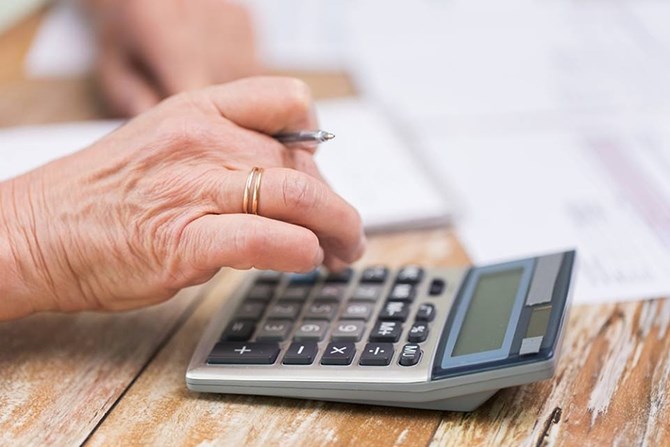
Image Credit: Shutterstock
January 04, 2018 - 8:00 PM
OKANAGAN - It’s been around this time for the last three years B.C. Assessment starts to get calls from people in the Okanagan in assessment shock, those who think their property taxes are going to go through the roof because their property assessment has gone up.
This week is when property assessments begin to arrive in mailboxes across the province. Especially vulnerable to assessment shock are those new to owning a home and those who may have only seen marginal increases over the last decade instead of the double-digit increases many are seeing this year.
“The last three years have seen some big increases in the Okanagan, especially this year,” B.C. Assessment assessor Tracy Wall says. “But before that, prices have been pretty stable since 2008.”
Average assessments across the Okanagan region have risen as much as 17 percent but even if the assessed value of your house jumps dramatically, Wall says that doesn’t necessarily mean your property taxes will follow.
Instead, you have to look to how the assessed value has changed relative to the average change for your property class.
Confused yet? You’re not alone. In fact, there’s a whole web page dedicated to explaining how it works.
B.C. Assessment is a Crown corporation that each year provides an assessment of the value of close to 2 million properties across the province.
When your assessment notice arrives in the mail, it will not only contain the value of your property as of July 1, last year but also the property class and any applicable exemptions.
For the purposes of valuation, B.C. Assessment assigns each property to one or more of nine classes, generally based on the property’s type or use.
Most properties will fall into the Class I residential category. B.C. Assessment provides a chart showing the average per cent change in property classes in all communities across the province.
For example, while the average residential assessment has increased by 17 per cent in Kelowna for 2018, the average per cent change for the residential property class in Kelowna is 15.25 to 15.71 per cent.
Wall says properties whose assessment increase is in, or close to that range, are unlikely to see any property tax increases while those below that range could theoretically see their property taxes fall.
“Of course, that also depends on the budget of the taxing authority,” Wall adds. “In B.C. the increases are typically around three per cent."
Look here for average changes in property classes for your community.
To contact a reporter for this story, email John McDonald or call 250-808-0143 or email the editor. You can also submit photos, videos or news tips to the newsroom and be entered to win a monthly prize draw.
We welcome your comments and opinions on our stories but play nice. We won't censor or delete comments unless they contain off-topic statements or links, unnecessary vulgarity, false facts, spam or obviously fake profiles. If you have any concerns about what you see in comments, email the editor in the link above.
News from © iNFOnews, 2018